REBUILDING EconomiES
"As Indigenous Peoples enter the 21st century, economic development stands out as a critical challenge for the maintenance of their communities, identities, and status as sovereigns."
-Joan Timeche
In our experience, few Native nations are primarily concerned with making themselves rich. Nor are they merely interested in generating jobs and income, as important as those things may be in improving the quality of life in Native communities. Most are trying to gain the wherewithal to address a more ambitious set of needs and concerns.
Three purposes appear to be particularly important in the economic development efforts of many Indian nations:
- To provide their citizens with economic opportunities so they can support themselves and live satisfying lives in their home communities. Asked a few years ago about the impact of development on Choctaw culture and community, Philip Martin, Chief of the Mississippi Band of Choctaw Indians, responded, “Well, it used to be that everyone moved away, but now they’re all coming back.”
- To provide Native communities with the means to pursue their own social and cultural objectives—from health care, housing, and elder and youth services to the revitalization of language and culture—on their own terms.
- To support Native governance, empowering their nations to implement their own governance designs and carry out such central governance functions as law making and enforcement, the management of civil affairs, the management of lands and other natural resources, education, and so forth, thereby reducing crippling dependence on outside funds and decision-makers.
Publications & Projects
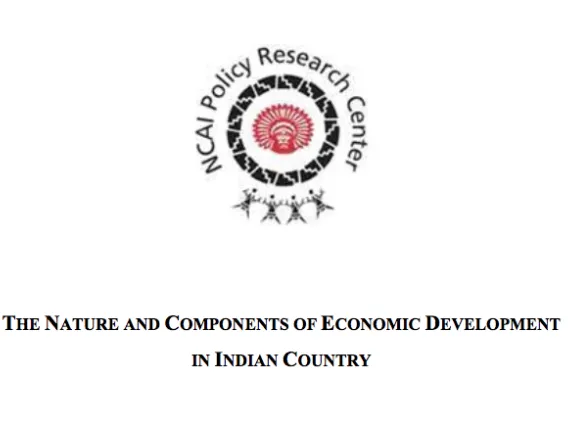
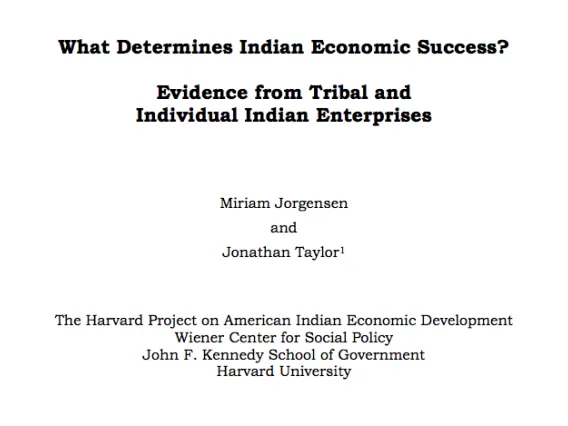
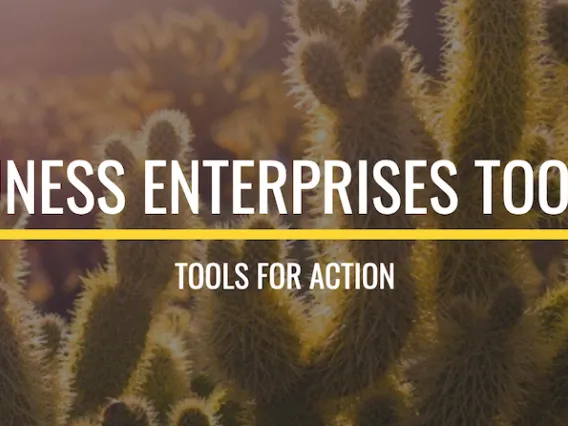
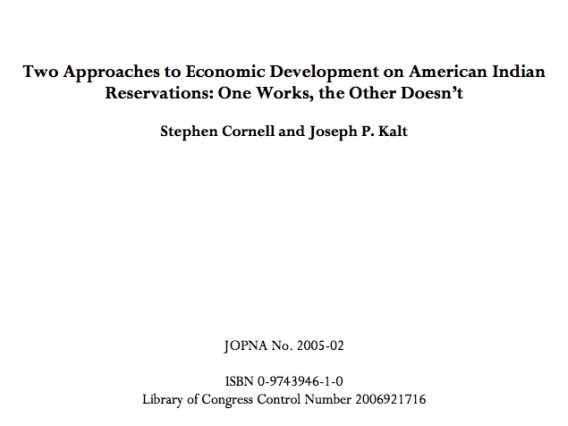
Presentations & Interviews
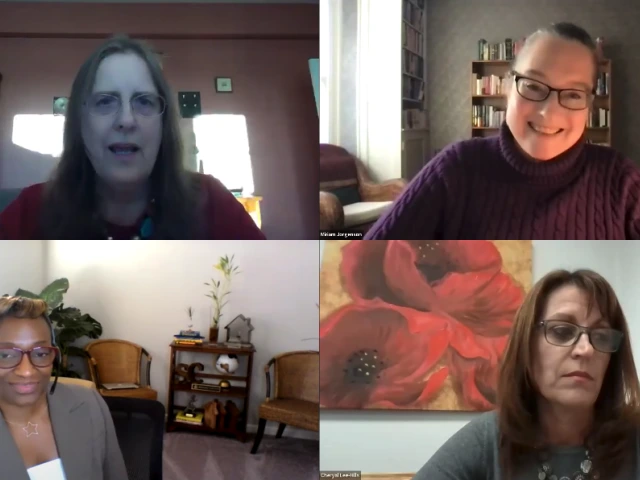
This Is What Capacity Looks Like: Building Development Muscle in Rural and Native Nation Communities


